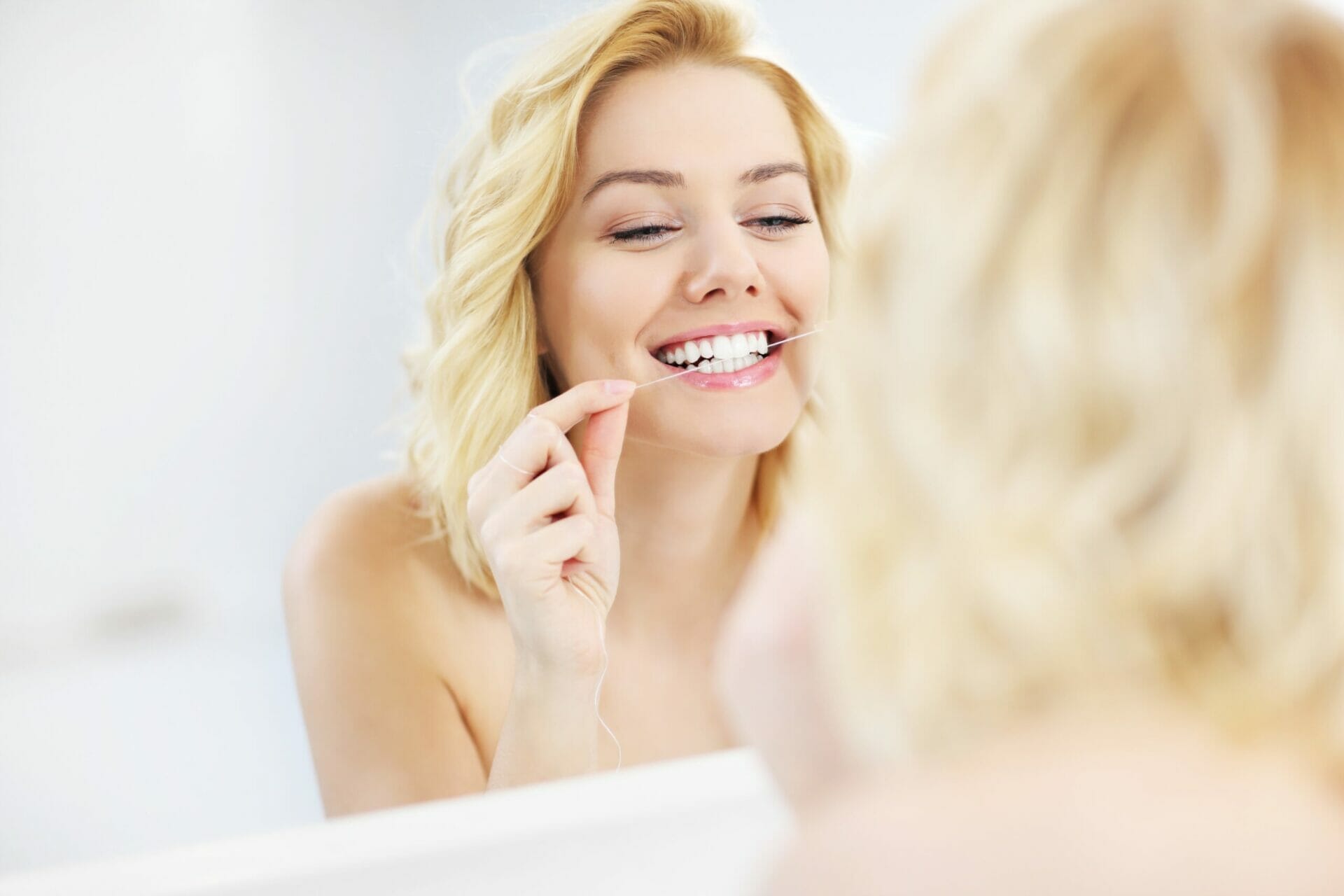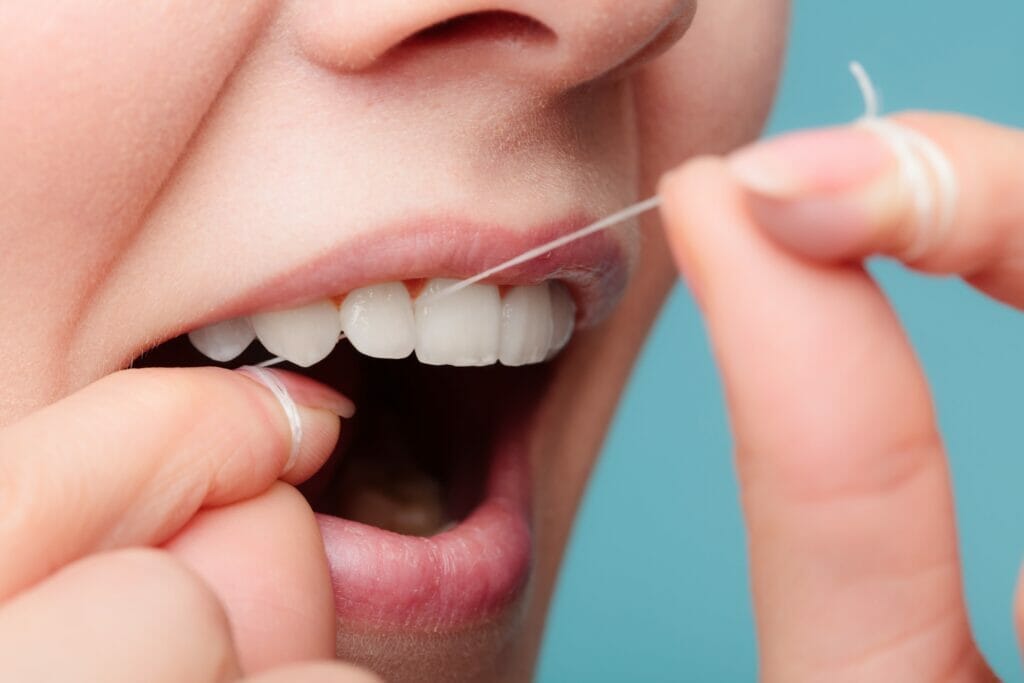
Patients develop beliefs about their teeth, gums, and necessary treatment based on what they hear from their Kitchener Family Dentist, their family, friends and from media. Often, these sources provide them with a decent understanding about teeth and gums. Occasionally, they develop beliefs based on misinformation. Each month, I will address a commonly held misconception so that you have the proper information!
In 2015, the Associated Press (AP) asked the U.S. Departments of Health and Human Services and Agriculture for evidence to support their recommendation to floss. When the federal government issued its dietary guidelines in 2016, flossing was no longer a recommendation. In a letter to the AP, the government said there was no research or proof showing the effectiveness of flossing your teeth.

The argument for flossing, however, is very fundamental. Your toothbrush bristles cannot access an estimated 25-30% of your tooth's surface area. This corresponds to the surfaces in between teeth that you clean when you floss. If you don't floss, you are leaving entire walls of each tooth unclean. Surely, no one would consider giving up brushing their teeth. It would result in you leaving plaque all over the walls of your teeth. Well, avoiding flossing would be doing the same. Flossing your teeth matters.
Note: Flossing your teeth clears plaque and exposes the smooth enamel walls of your tooth. It is only under these conditions that your enamel can absorb fluoride from your toothpaste to strengthen and re-mineralize.
Thank you for reading!
If you would like to discuss oral hygiene and home care routines or gain a 2nd opinion on any dental topic, give us a call at (519) 576-8160 or request a consult with me here.
This article is intended to promote understanding of and knowledge about general oral health topics. It is not intended to be a substitute for professional advice, diagnosis or treatment. Always seek the advice of your Kitchener Dentist or other qualified healthcare provider with any questions you may have regarding a dental condition or treatment.
Services
Routine Dentistry & Tooth Repair
Oral Surgery & Tooth Removal
Prosthetic Dentistry & Tooth Replacement
Protective/Preventive Services
Teeth Whitening
Schedule an Appointment Now
